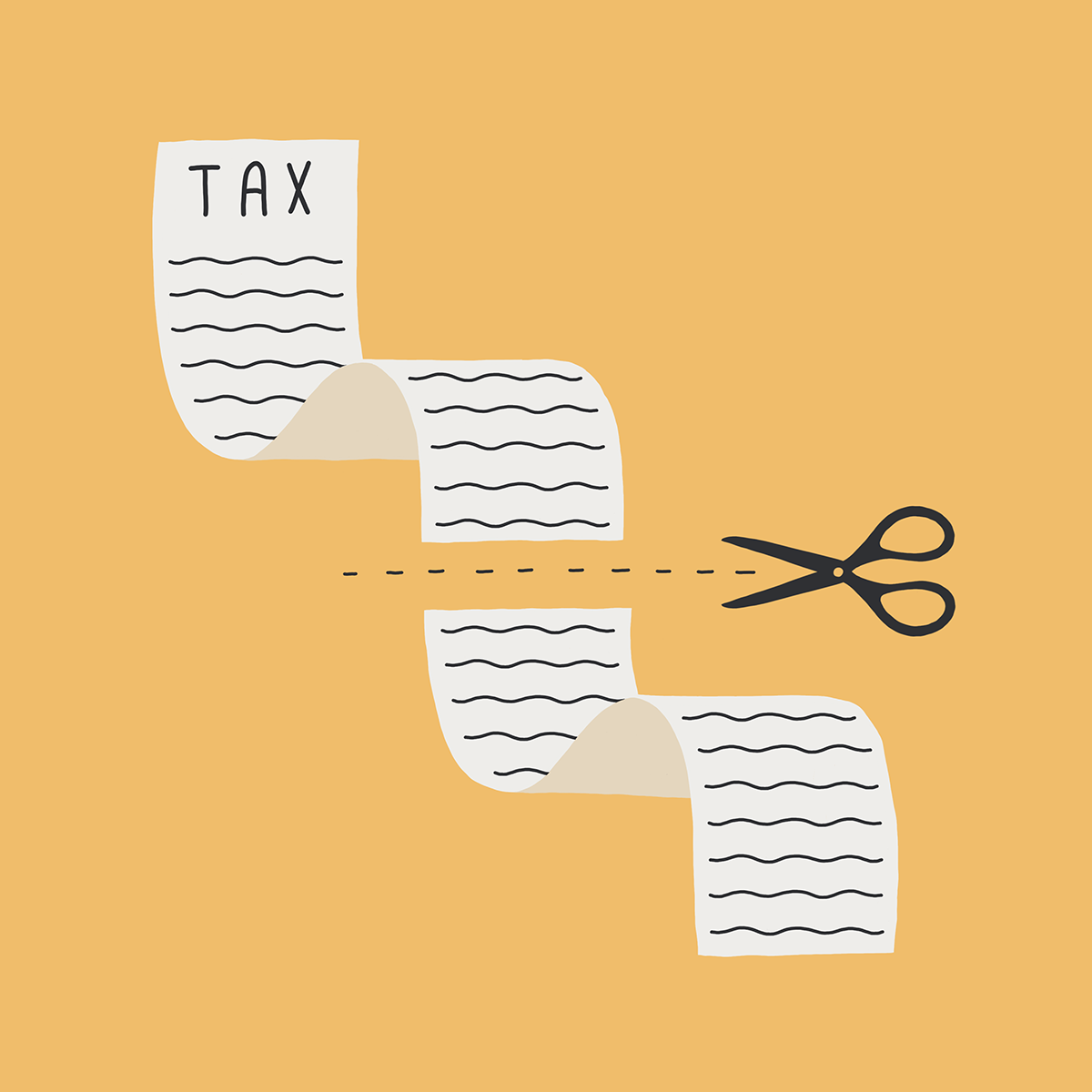
For amounts incurred or paid after 2017, no business deduction is allowed for any item generally considered to be entertainment, amusement, or recreation. The deduction allows eligible taxpayers to deduct up to 20 percent of their qualified business income (qbi), plus 20 percent of qualified real estate investment trust (reit) dividends and qualified publicly traded partnership (ptp) income.

Any remainder must be deducted.
Tax deductions for first year business. For amounts incurred or paid after 2017, no business deduction is allowed for any item generally considered to be entertainment, amusement, or recreation. If you’re just starting out, the irs offers some valuable tax breaks for new small business owners. As long as your startup costs total $50k or less, you can claim the business startup deduction which allows you to deduct up to $5,000 of business.
You can elect to deduct up to $5,000 of business startup costs and $5,000 of organizational costs in the first year you are in business. The deduction allows eligible taxpayers to deduct up to 20 percent of their qualified business income (qbi), plus 20 percent of qualified real estate investment trust (reit) dividends and qualified publicly traded partnership (ptp) income. Depreciation expense (including bonus depreciation or section 179) on the purchase price interest expense on financing lease expense repairs and maintenance insurance gas taxes and fees
Ad uncover business expenses you may not know about and keep more of the money you earn. Each $5,000 deduction is reduced by the amount that your total startup or organizational costs are greater than $50,000. The irs allows you to deduct $5,000 in business startup costs and $5,000 in organizational costs, but only if your total startup costs are $50,000 or less.
The remaining amount must be amortized. The deduction is not lost, instead it is spread out. The first and most lucrative method is the actual expense method which allows you to claim deductions like:
You cannot deduct startup costs if you never actually start the business. Any remainder must be deducted. The blueprint�s guide to small business tax deductions walks you through your options as you navigate tax season.
As discussed earlier, you can deduct 50% of the cost of business meals. The deduction is reduced for every dollar of costs greater than $50,000 up to $55,000. Business service and employee deductions.
If your startup costs in either area exceed $50,000, the amount of your allowable deduction will be reduced by the overage. Anything over $5,000 must be amortized (deducted) over the following 15 years. If you spent $35,000 to get the doors open for your new business, you can write off $5000 the first year and then $2000 for the next 15 years.
Business expenses incurred during the startup phase are capped at a $5,000 deduction in the first year. This limit applies if your costs are $50,000 or less. Be sure to note your odometer reading at the beginning of the year, too.
Keep in mind that the business must take off in order to write off its expenses. 3 so if your startup expenses exceed. In order to do this, you must claim a section 179 deduction, which allows business owners to deduct up to $1,020,000 from new or used property in service during the tax year.
You can deduct up to $5,000 in startup costs in the first year of active business. Most people do not understand this and are infuriated that they do not get the tax deduction that they believe to be entitled to. The irs allows certain deductions for starting a new business.
The costs of getting a business started are capital expenses, and you may deduct $5,000 the first year you�re in business; For knowledgeable advice and guidance that will facilitate your ability to maximize the deductions you can take, contact our office at. One of the other big deductions is mileage.
How to take irs deductions. Startup costs include, but are not limited to: The first year in a business’ life is critical to its success, and so is managing deductions and expenses in a way that is tax advantaged.
If your startup costs were $50,000 or less, in your first year of operation, you can deduct up to $5,000 of those costs.